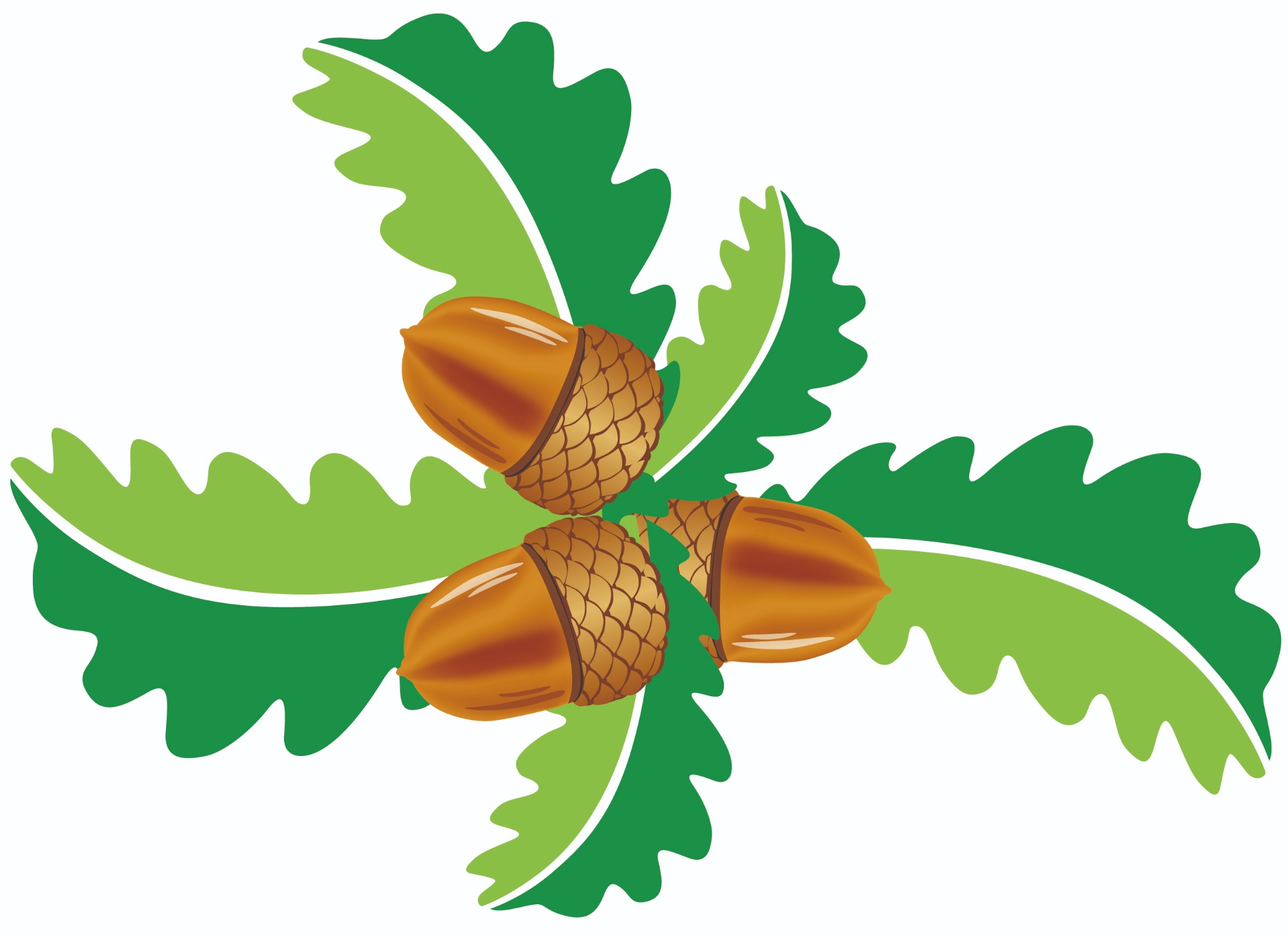History
At Oakdale, History provides children with the opportunity to build knowledge and understanding of people and events from a range of historical periods and of historical concepts and processes. We aim to instil a passion for history and an enthusiastic engagement in learning, to develop children’s sense of curiosity about the past and their understanding of how and why people interpret the past in different ways.
Our intent: what do we want our pupils to achieve?
History give pupils a wider context and understanding of their own surroundings, which is widened nationally, then internationally as pupils move through the school. Through the exploration of a wide range of different people, through different time periods, pupils are encouraged to imagine and empathise with their lives. This provides a clear link to the school’s values (respect and care) and intent. As children move through the school, we encourage them to think critically, reflect, debate, discuss and evaluate the past, formulating and refining questions and lines of enquiry. The children become familiar with using sources to support/challenge their own and other’s views.
Implementation: How is History taught?
History coverage is based on The Chris Quigley (CQ) Essentials Curriculum with each phase in school planning against milestones 1-3. It is progressive and builds historical understanding as children move from KS1 through to upper KS2. The History skills covered follow 4 key areas. These are investigating and interpreting the past, building an overview of world history, understanding chronology and communicating historically (one of these will be seen in every history lesson). History planning links as much to the local area as possible.
Progression
As the threshold concepts are repeated in each year group, it is important that students progress in their understanding of these. The Essentials Curriculum sets out this progression in the form of three ‘Milestones’. Each Milestone contains a range of descriptors which give more detail to be discovered within the concept. Over a two year period, students will become more and more familiar with these details by exploring them in a breadth of context.
Assessment
Throughout the history topic, teachers will use formative assessment tools to impart and adapt learning. Summative assessment allows children the opportunity to show their understanding of the topic studied. This is in the form of an end of unit proof of progress (POP) task. Teachers will use this to assess and record for future learning against the four key areas - investigating and interpreting the past, building an overview of world history, understanding chronology and communicating historically.
Helpful websites for home learning
